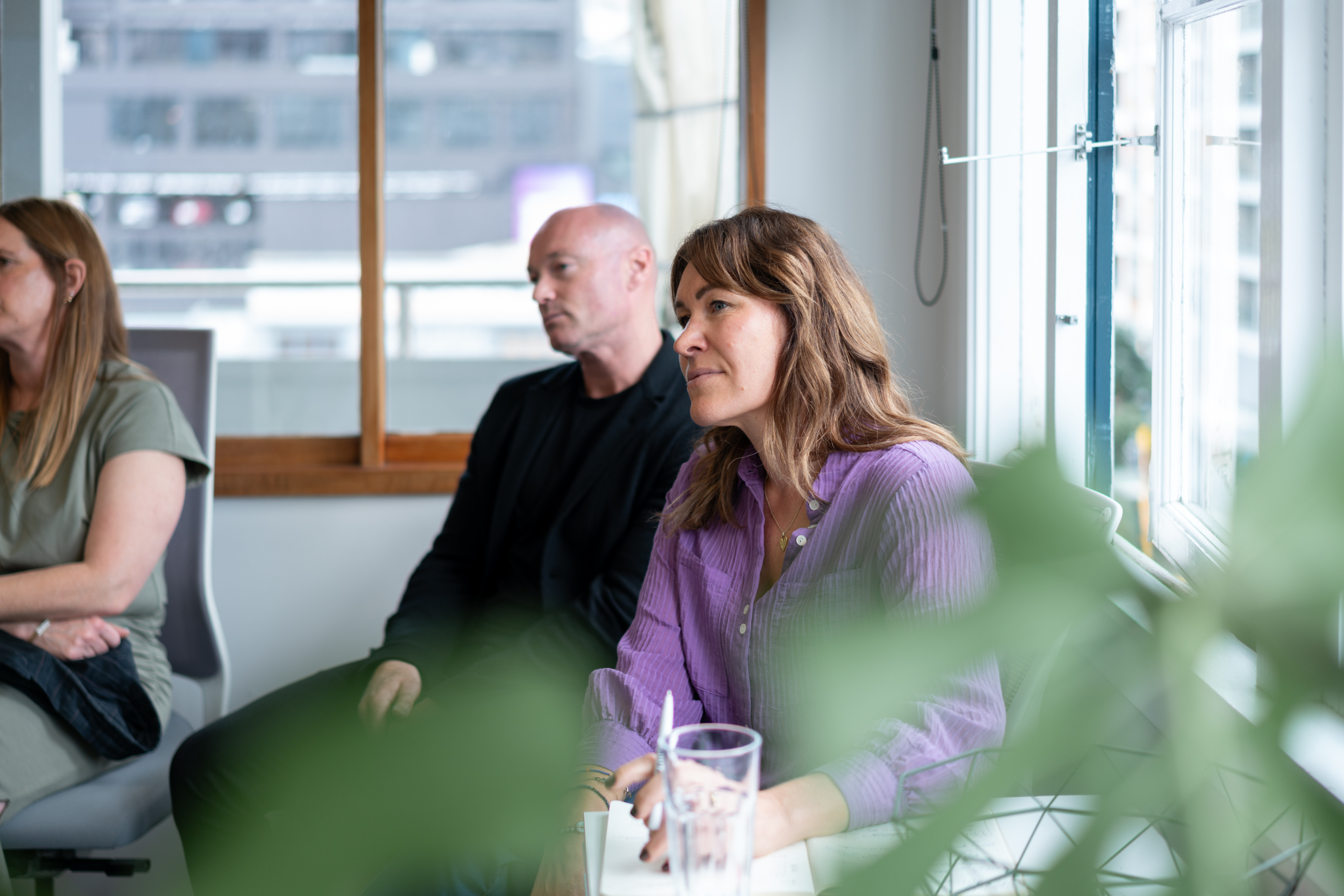Why looking inwards is just as important as looking outwards.
15 Minutes with Suzanne Cross
As part of our new series on employee experience, we’re interviewing the Humankind Leadership team to find out a bit more about EX, why it is so important for the future of work, and why businesses should be investing in it!
Today we’re interviewing Suzanne Cross, our Chief Experience Officer to find out why looking inwards is just as important as looking outwards in your organisation.
Joining Humankind early in 2021, what did you know about EX? Has your view changed on EX in your time here?
I've worked in the CX space for a long time, but increasingly the work that I was doing crossed over into employee experience. Utilising a service design approach not only looks at what we offer to the customer and what the experience is like for them, but it also looks at what we call the backstage. So how does an organization deliver that experience? What people are required and what expertise do they need to have? What experience do we want them to have? What tools, data, systems, and information do they need? So you're absolutely having to think about the people that deliver the experience to customers.
I don’t think my view has changed on EX in the time that I’ve been here at Humankind. I think the one point I would make though is lots of organisations talk about CX, but fewer talk about EX. Awareness of EX is growing so I guess I have been pleasantly surprised to see the number of clients who are focusing now on EX, but there's loads and loads of room for growth and development in that space.
Why do you think a leader should focus on EX in their organisation?
To me EX is a complete no brainer because who is it that designs and delivers the experiences, services, or products to customers? It's your employees, so why would you not want to focus on the experience that they have, and there are lots of studies out now that show the link between EX and CX. A 2021 survey by IDC showed that an improved employee experience and higher employee engagement translate to a better customer experience, higher customer satisfaction, and higher revenue for their organization.
Are you seeing more noise out in the industry about EX? If yes, why do you think that is?
Definitely. A lot more organisations are thinking about employee experience.
In the last two years with what the world has been through, we know there's a talent shortage. With our closed borders it's really hard to get talent into the country. We also know employees are looking for different things in terms of workplaces. Employers are talking to us a lot more about how to offer great employee experiences, how to differentiate themselves based on their employee value proposition. Organisations are having to respond a lot more quickly in terms of things that impact their employees, in terms of their wellbeing, their ability to do their jobs well and their ability to stay connected. Organisations are having to think more around ‘how do you drive a positive culture’ in a virtual or hybrid world, how do you recruit and onboard employees virtually. There’s no playbook for all of this to pick up and replicate. Organisations are having to design and iterate new employee experiences constantly to adapt to the changes happening around us.
Circling back to CX and the relationship with EX, what does that relationship look like to you? Is there any crossover with methodologies, principles, ideas etc?
There was some research done a couple of years ago (PwC Future of Customer Experience Survey 2017/2018) that talks about the things that customers value most - which are efficiency, convenience, knowledgeable help, and friendly service. Obviously the latter two are directly influenced by employees, but the former two are indirectly influenced. Employers are starting to realize that if they place a greater focus on improving employee experiences, it follows customer experiences which improve as well.
In terms of the methodologies etc. absolutely there is lots and lots of crossover. The approach that I've taken and most organizations that I see doing great work in this space are taking a human-centred approach. There's lots of tools and methodologies in a human-centred design toolkit that apply equally for whether you're designing experiences for customers or for employees. There are of course things that you have to adapt and iterate, but many of the same methodologies and tools can be used.
Do you think there is any hesitance for CX-focused organisations to look more deeply into EX? Why?
I would say the main hesitation comes from a couple of places:
One is what's the return on investment going to be e.g. how do we directly measure and show the impact of investing in employee experience? Some of the evidence for that will be qualitative and some will be quantitative but generally organisations aren't terribly advanced in measuring in either of those ways.
I think the other might be more of a barrier, but working in a more employee-centric way does require some expertise and capability in that area. So there is often an upfront investment in building that, before an organization will see the return on investment. Increasingly so many organizations today are wanting to transform, become more digital, more efficient, so anything that requires investment is always looked at closely.


.jpg)
